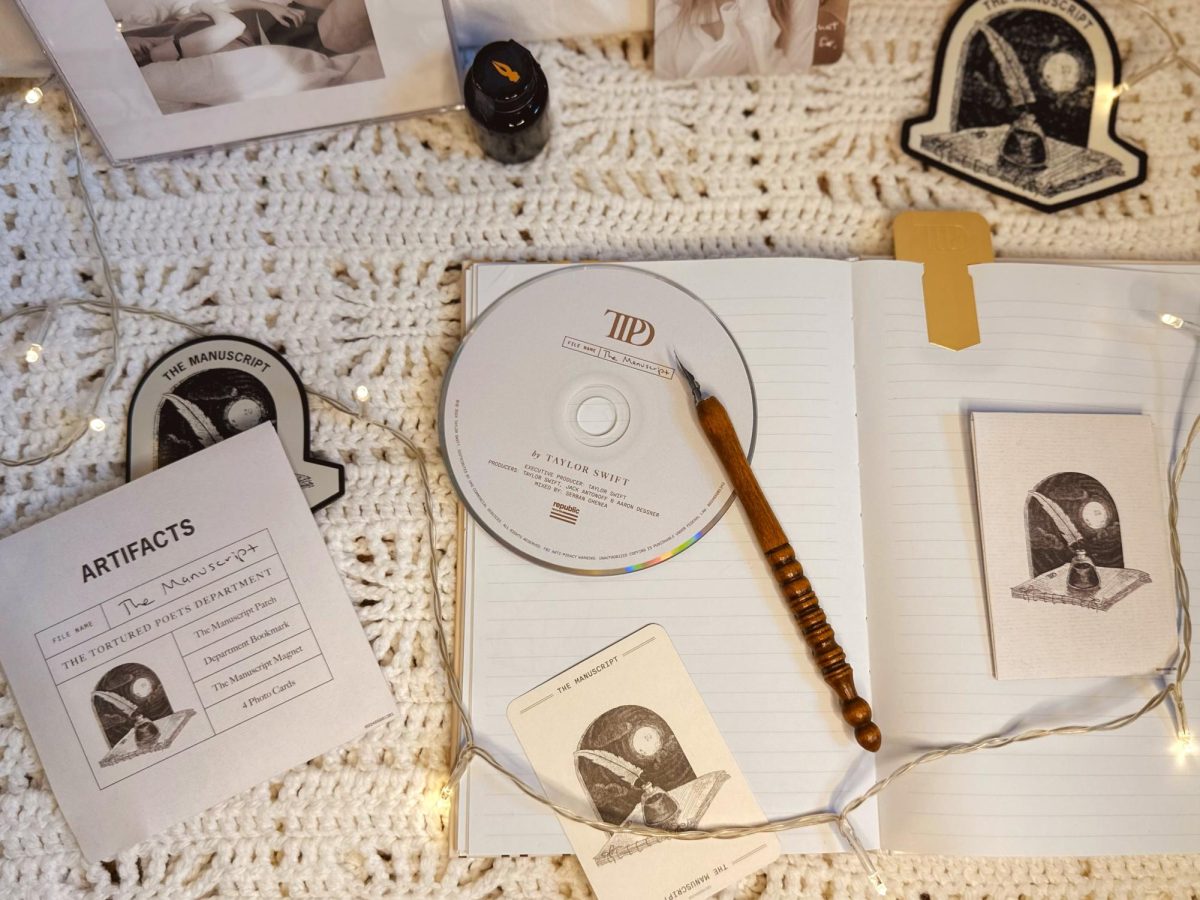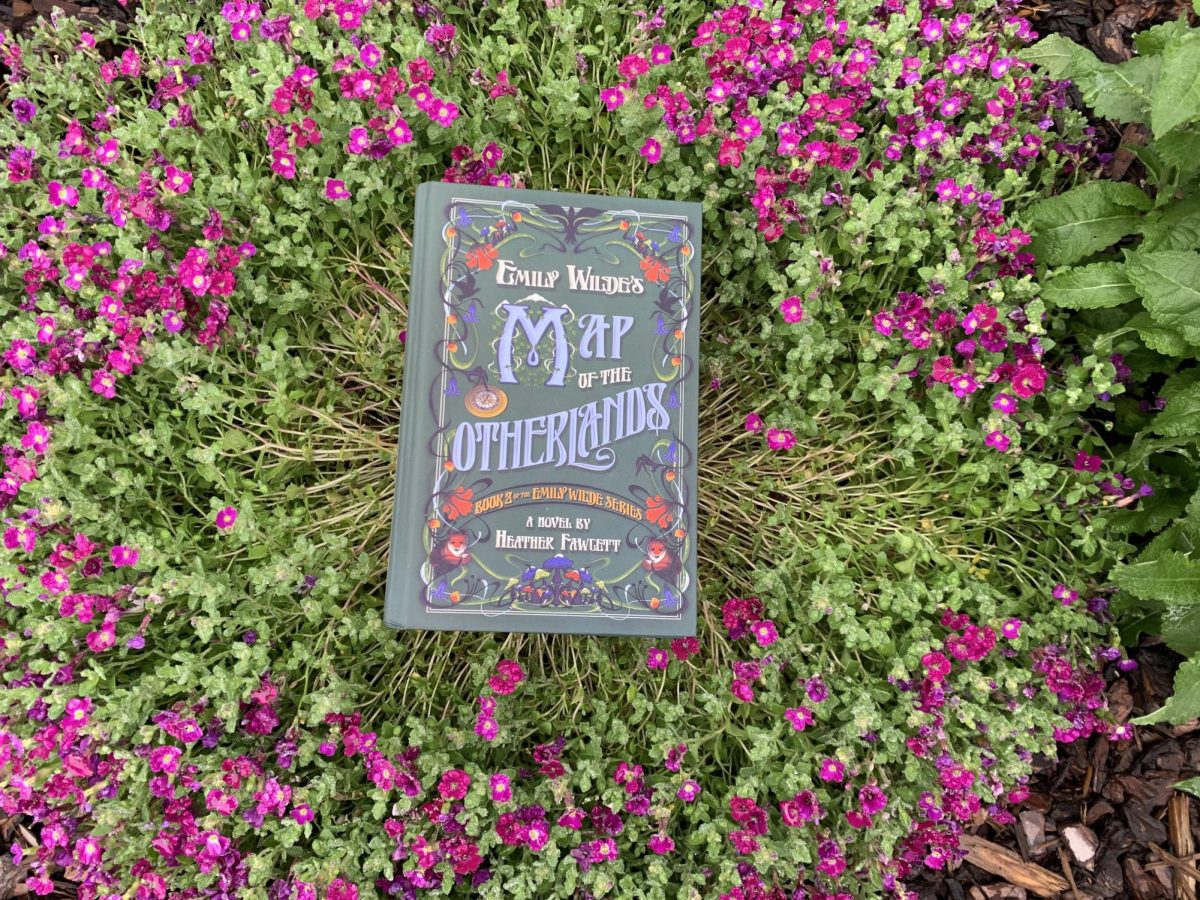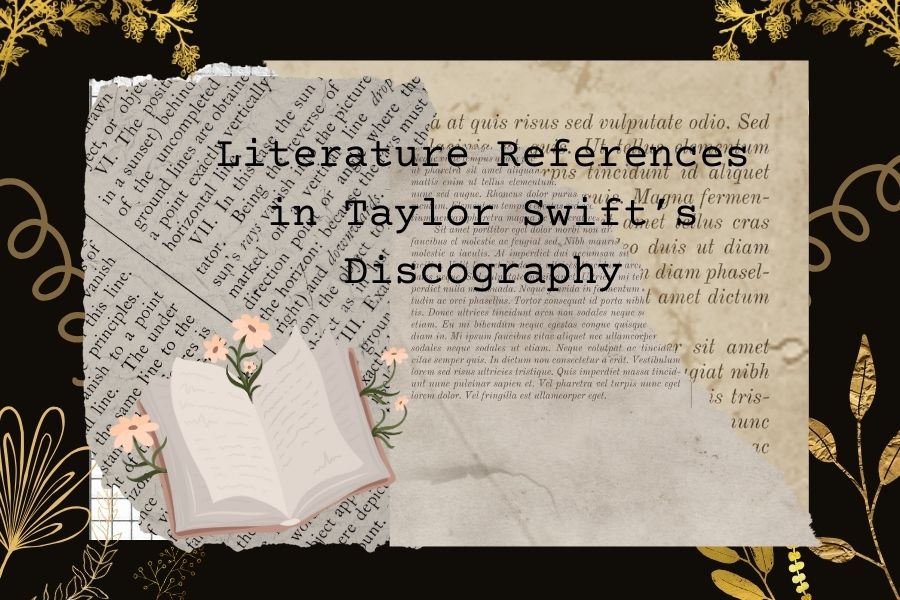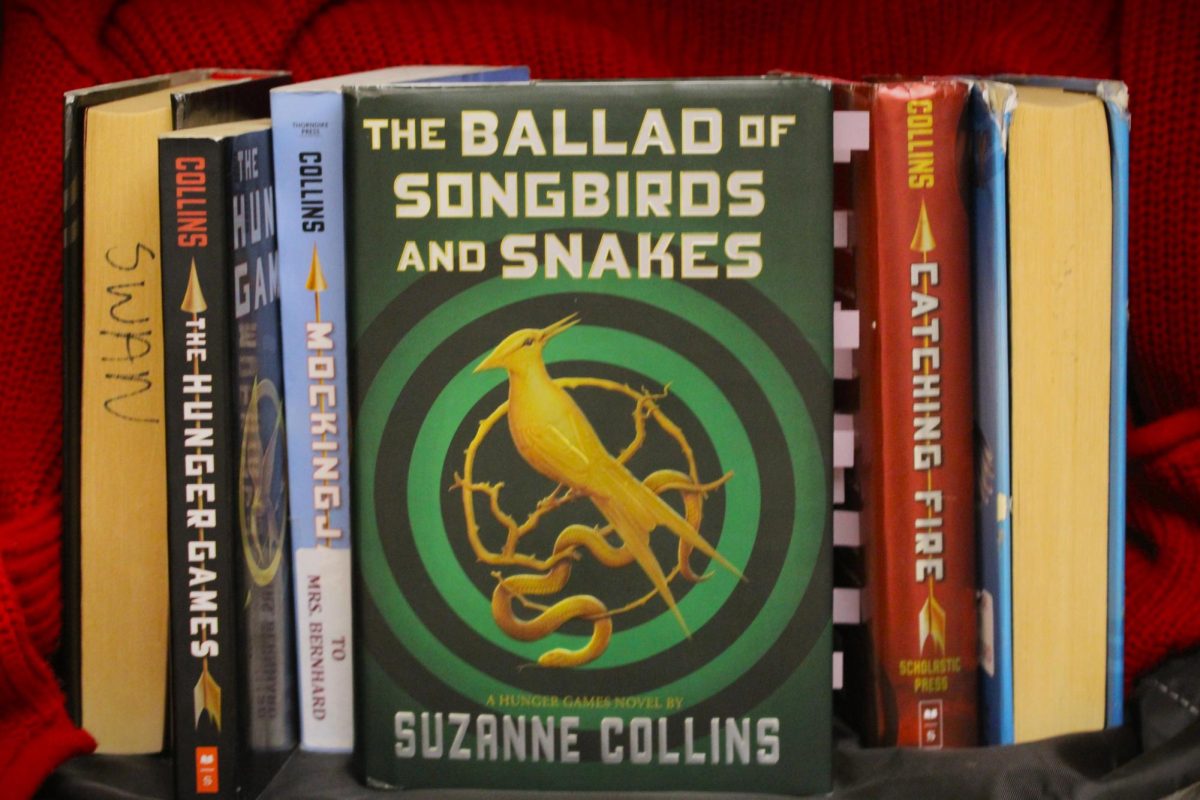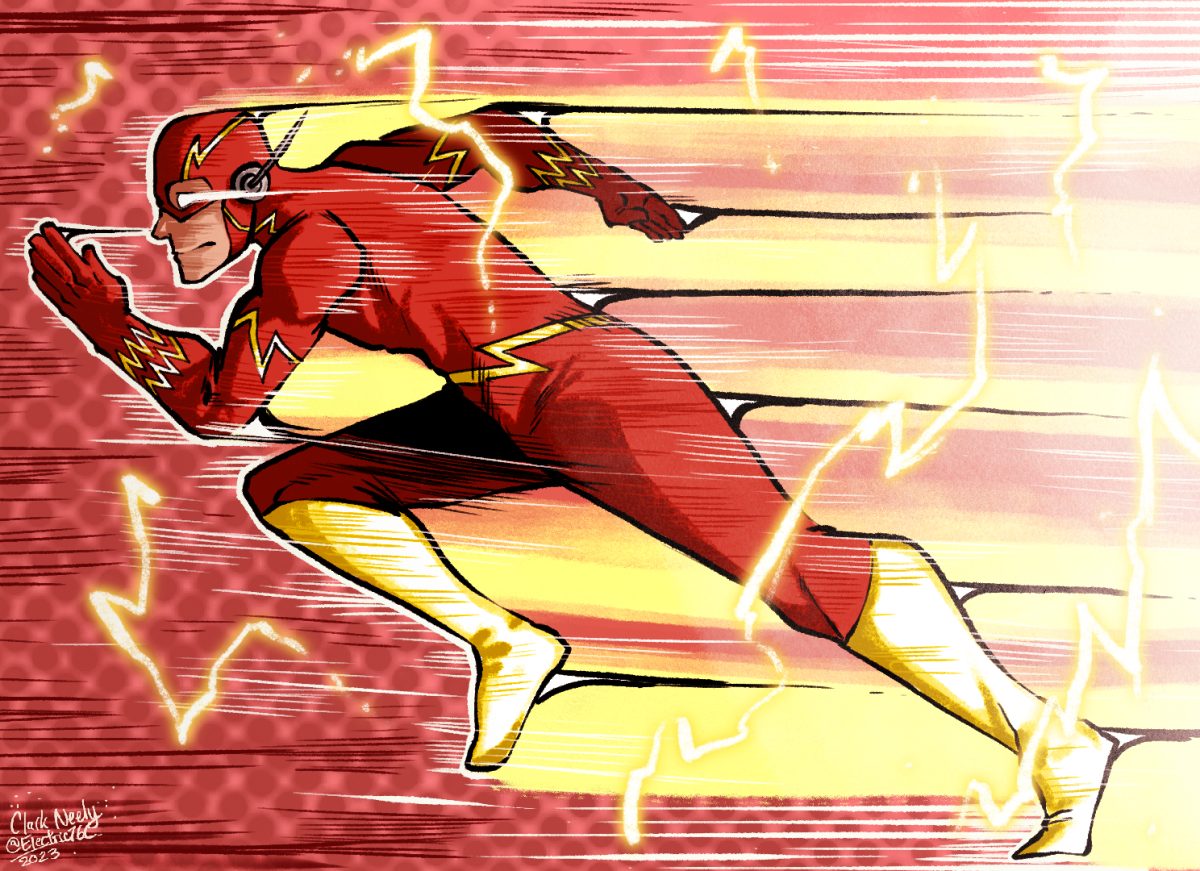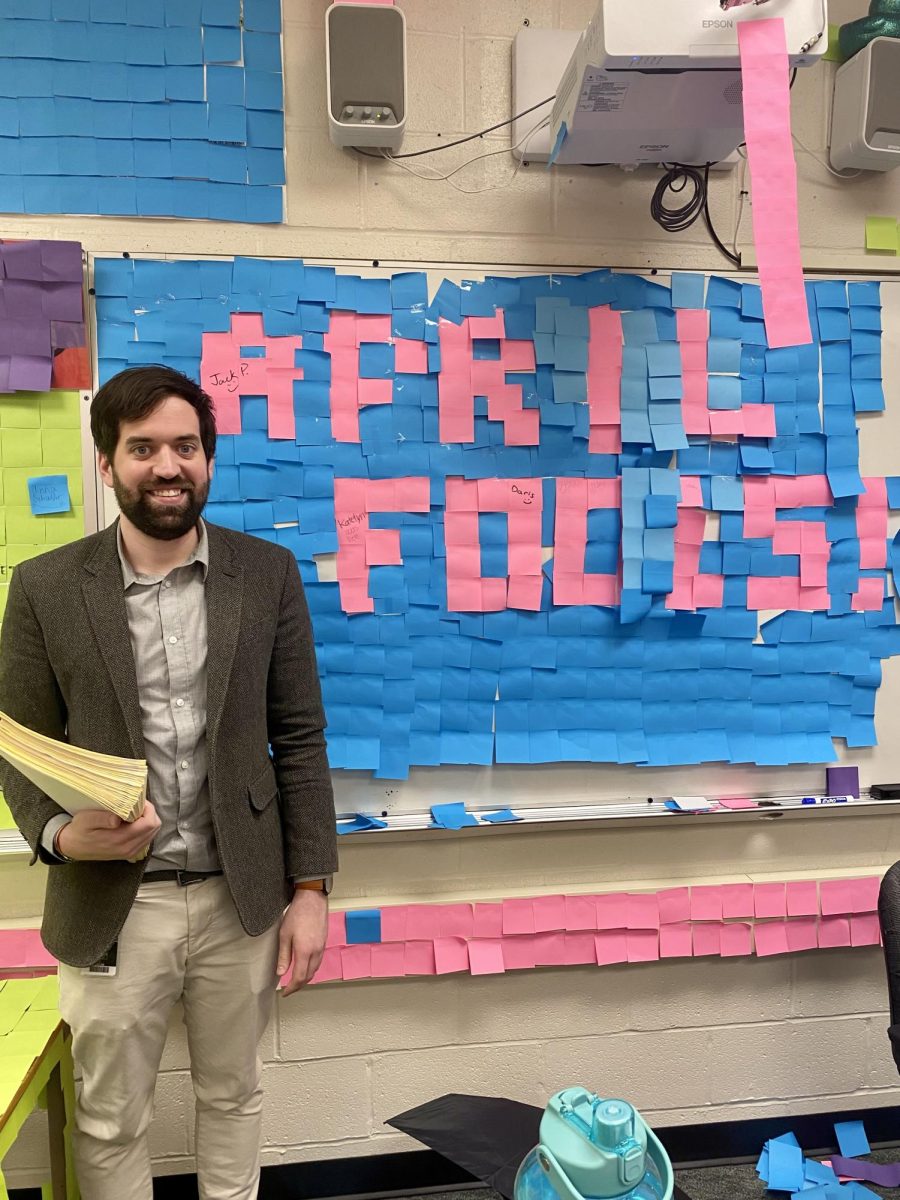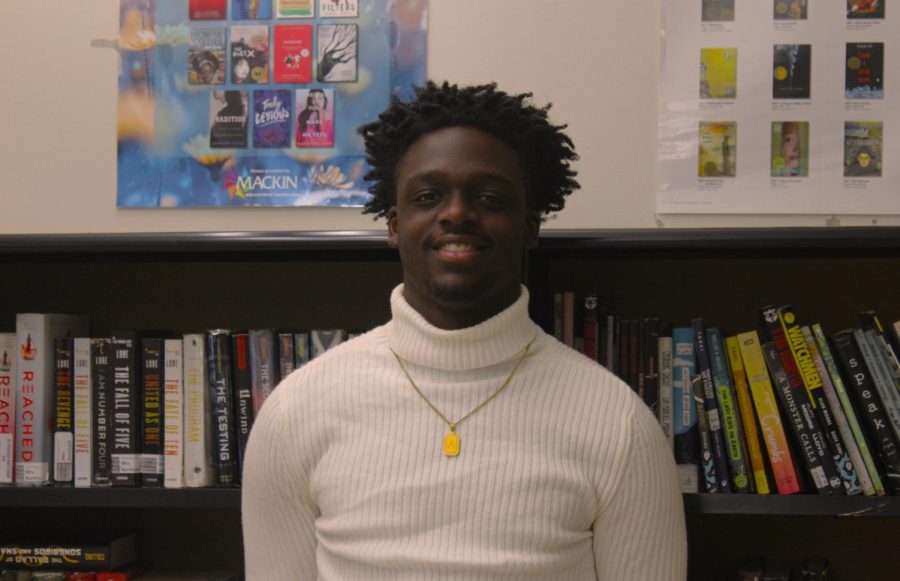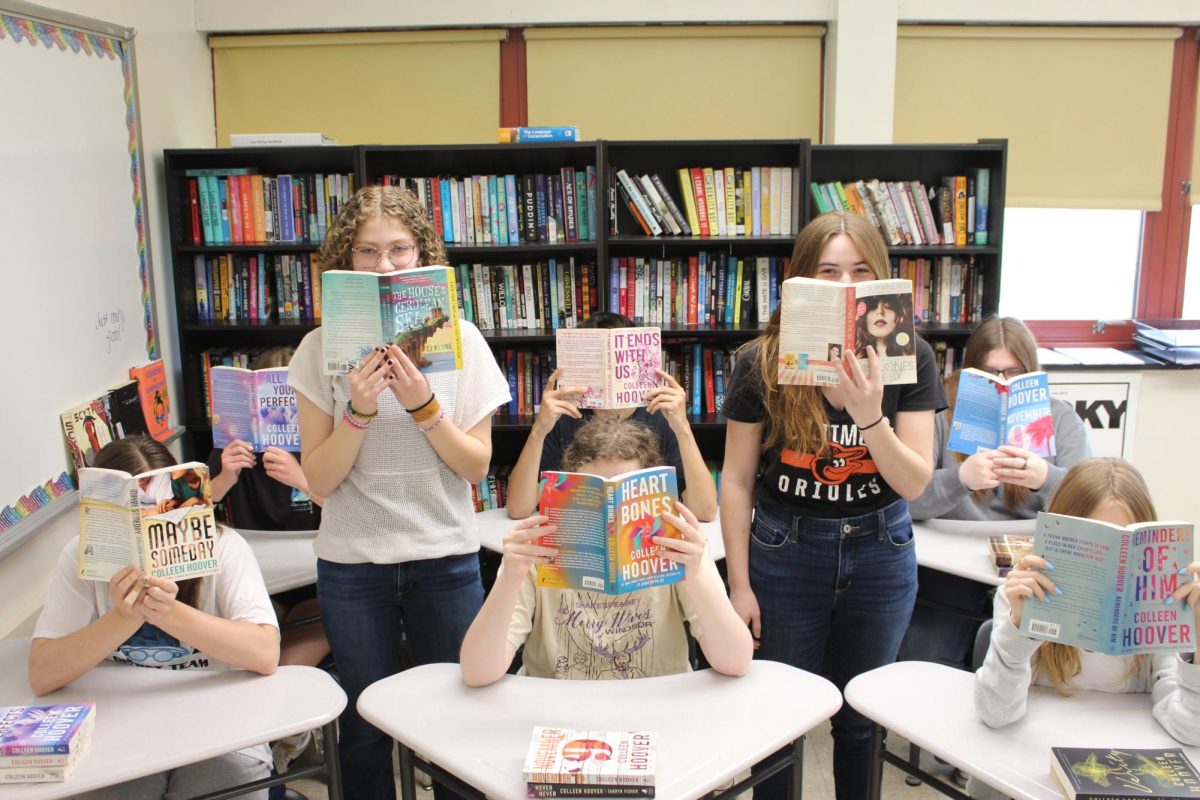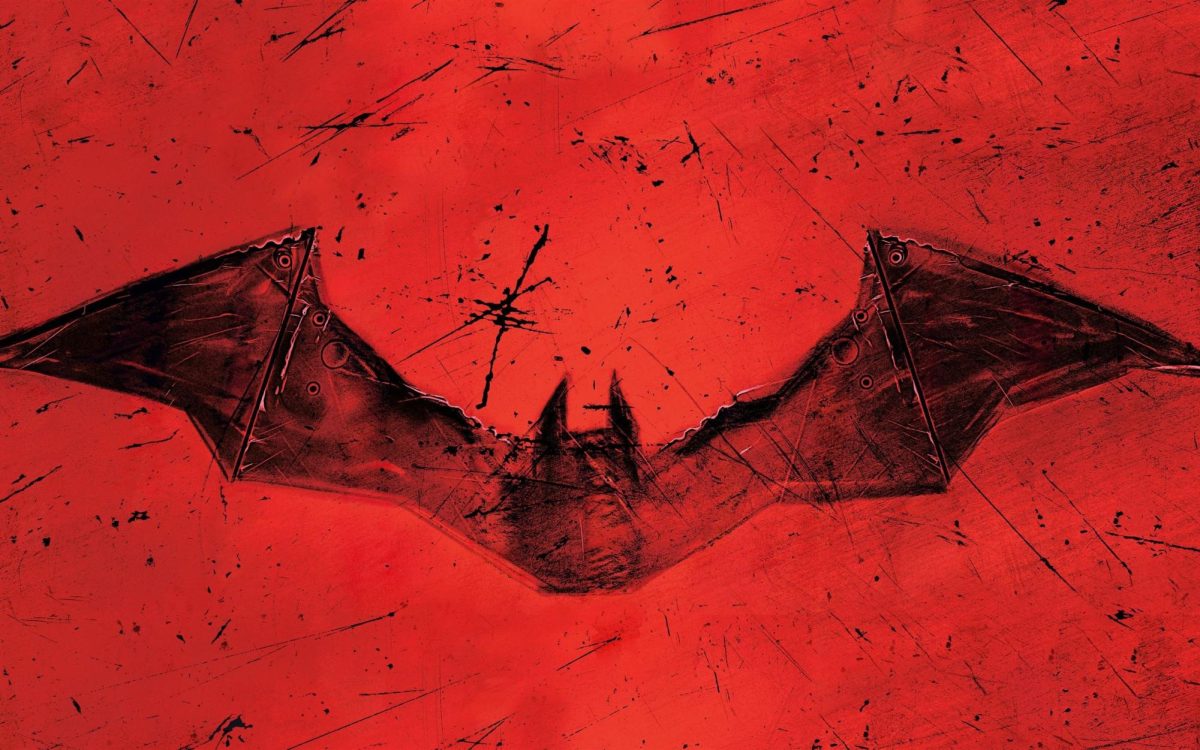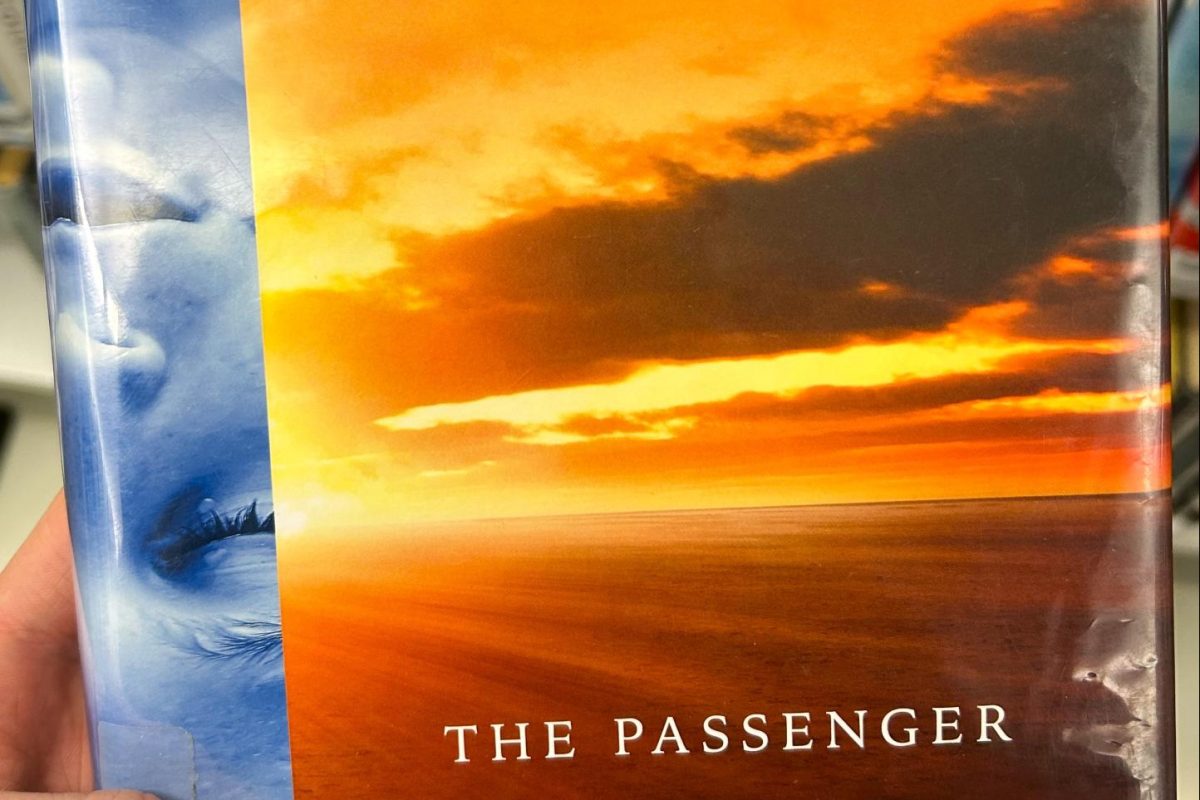“We pour water upon the child and name it. Not to fix it in our hearts but in our clutches. The daughters of men sit in half darkened closets inscribing messages upon their arms with razor blades and sleep is no part of their life.”
-Cormac McCarthy (The Passenger)
Sixteen years after The Road was published, Cormac McCarthy concluded his legendary status as an author with two final novels, The Passenger and Stella Maris. The Passenger stands out as a highly personal, tragic, and beautiful piece of modern fiction dealing with heavy themes of guilt associated with grief. The countless metaphors towards a transient life broken down by thoughtful introspection of the novel’s central character, Bobby Western, made many fans aware, that it would likely be his last novel, only to be released months before his death. But what makes The Passenger so engaging and compelling is in part due to the fact that the novel took over forty years to write and complete. McCarthy didn’t sit over the script for decades to finish the book, there’s no gimmick in how long it took to complete it, it’s just that he had other books to write and publish.
What’s gained from such a long period of drafting is something that no one else can be bothered to duplicate because the writing encapsulates both the heartbreak and turmoil of a young man and the grief that comes with old age; both archetypes overlapped with McCarthy during the writing process. Cormac McCarthy was around fifty when the creative process began and nearly ninety by the time he finished, a lot happens in life over forty years. It’s sort of like listening to Nine Inch Nails’ song “Hurt” and then listening to the Johnny Cash cover; they’re the same song, but it gains a new relevance with age. From the careful thought and meticulous attention to detail, McCarthy crafts a novel with staggering introspection and an airtight philosophical permanence documented in the very tragic story of Bobby Western.
Bobby Western is a character likely doomed from the day he was born; his father conceptualized the end of humanity – the atom bomb – and believes his true love to be one of the worst possible people in his life, his dead sister, Alicia. His love for his sister can only be described as disturbing. It’s a love designed to fail from the moment it festered in Bobby and Alicia Western’s heads which is what inspires sympathy toward characters that would otherwise be disregarded as degenerates. They’re uniquely human, Bobby’s feelings of love and loneliness aren’t extraneous to anyone who might be reading. Where McCarthy gets the reader is with the fact that their love is written with so much elegance and purity that makes the story all the more harrowing because neither character is truly able to experience the love they want. Like every McCarthy novel, there is no good or evil, there simply is life. With all the cards stacked against Bobby, he recognizes himself as the only constant variable and faces tremendous guilt from everything else. Instead of relying on an expected nihilism to narrate the story, McCarthy sidesteps the consistent theme with the notion of fate. Alicia and Bobby were never meant to be together, even if both characters were alive, nothing in the world would ever allow them to be together.
Alicia commits suicide before the book begins but the family of the Western’s have a history of very early and tragic deaths, the only remaining members of their family are their Grandmother and Uncle. In a way, she was predisposed to an early death. Many of the conversations shared later into the book tie back into the general theme, but many aren’t directly linked to the plot, they simply serve as metaphors to keep the book on track. Alicia was a genius that suffered with paranoid schizophrenia. Her intelligence and hallucinations are shown in brief passages each chapter in italicized text, an element in the novel that keeps it engaging. The scenes establish her dysfunctionality, she’s committed to Stella Marris, a psychiatric hospital in Wisconsin, where hallucinations of a character nicknamed “The Kid” mark her every move. The Kid suffers from a birth defect that results in his hands appearing as flippers and pairs very out of place humor with bizarre performances accompanied by his group of carnies called “the horts” or cohorts. The humor is obviously very different for a McCarthy novel, his archetypal character revolves around serious, violent, and resourceful traits that are almost the complete opposite of humor. Yet, McCarthy’s comedy isn’t bad, he has a very dry sense of humor that can be amusing, it’s just a little too out of place at times and is the main problem with the book.
McCarthy’s ability to chronologize pain is apparent in his last novel, The Road, within the psychological torment and despair of surviving during an apocalypse through the bond of a father and son. While the anguish before was assertive, the pain in The Passenger is a lot more subdued. It’s very subtle, but it’s still there, mirroring the feelings of grief in a more realistic way. Bobby Western’s life could be a real life, what separates him from everyone else (besides the relationship with his sister) is his unparalleled intellect and the conceptualization of fate making him lose control over something he never had before. The central characters are just passengers in life. Their lives have been completely ruined by their love and they didn’t even have a choice in the matter. One of the most compelling parts of both characters is their intelligence and what Cormac McCarthy thinks it means to be an intellectual in the modern age. With that unlimited potential, McCarthy chooses to use the two character’s brilliance as a component of their tragedy; there’s a fascinating dilemma shown between being a genius but not knowing how to find happiness. It’s a cryptic way of saying that the most intelligent people are incapable of seeing the world through rose tinted glasses and are forced to carry the burden of knowledge and experience for the rest of their lives. Bobby is characterized as being lonely, partly due to the loss of his sister and from his genius propelling him to another plane entirely. But instead of leaving him to brood in solitude, McCarthy writes the entire novel around meals and dialogue with the people around him. There are parts of the book that stray, but the depiction of loneliness is spot on; Bobby’s melancholy changes with the conversations he has, but it’s always still there.
It’s Bobby’s fate to remain miserable and to illustrate this concept of inescapable tragedy. McCarthy chooses to connect the events of the book to fears of nuclear war. As said before, Alicia and Bobby’s father created the atom bomb before the two were born. They both came into a world destined to be destroyed. The whole novel revolves around that concept, the few glimpses of action in the book all involve Bobby running from a branch of the government that’s never explicitly stated, in part due to the character not knowing what he did wrong. There’s an implied shame there, possibly a subtle connection to his subdued guilt for his feelings towards his sister. All that he knows is that he’s guilty of something and there’s no escaping it, relating back to fate with his arrest already being prophesied. He first encounters trouble with the law after a recent dive to salvage passengers in a plane crash. The plane was completely sealed when the dive team found it, but Bobby discovers that the plane is missing the pilot’s flight bag, data box, and more mysteriously, an eighth passenger. Small spoiler, but the crash is never fully investigated, instead, its use is highly symbolic. It’s like in poetry when a word is rhymed with the same word and it doesn’t work but instead, McCarthy is choosing his symbols very wisely to avoid appearing redundant. The plane crash is very clearly tragic. People died and a body is supposedly missing that will never be recovered. But this missing passenger is more vague. What’s interesting is that it could link to Alicia and The Kid based on its absence.
There’s a part of the book where Bobby visits Alicia’s psychiatric hospital, Stella Maris, to see if something was there for him. His willingness to go shows his inability to accept that his sister is gone and a life with her is impossible, making his jump to deny another passenger on the plane somewhat ironic. From the irony, the tie to The Kid can be drawn because to people besides Alicia, he doesn’t exist. More importantly, from the conversations discussing the crash and Alicia, Cormac McCarthy progressively unveils a very nuanced look onto what it means to exist. Does a person have to be alive or remembered to exist? Or can something unreal coexist just because someone out there thinks it does? These are questions no one can really answer and that’s why they’re asked, the right answer is a matter of opinion. The last piece from the crash is the missing records, representing the temporality of memory, addressing Bobby’s fear of forgetting Alicia and likely McCarthy’s fear of fading into anonymity after passing.
McCarthy relates this concept to his own mortality and the future he’s leaving behind. McCarthy was nearly ninety years old when he finished The Passenger, he knew he didn’t have much time left and used his remaining years to finish everything else he had to say. The ties of Alicia and Bobby to the atom bomb only strengthen this theme. In the event of atomic war, global annihilation is inevitable and in that event, everything will be erased. As buildings implode, documents of the past go with them and as people die, memories too. It’s a heavy concept and McCarthy captures the essence of existentialism in a tragic, beautiful way but not in a demanding way like The Road with scenes of apocalyptic dread, it could only be realistic in a shy, somber tone. There’s a really moving scene with Bobby where he’s living in a cabin for a period of time and wakes up in the middle of the night in a puddle of water. He expects a leak from the ceiling, but soon discovers that he had been crying in his sleep. It’s scenes like that that are so common to real life experience that they’re moving and deviate from the typical violent moments in McCarthy’s past novels that makes it stand out. That and the humor, the main flaw of the book. The humor is really strange because it’s completely unexpected from McCarthy, choosing to have nearly mute protagonists conditioned to toughness by their environments. So when he hits the reader with a description of Alicia watching a hallucinated circus act led by The Kid, there’s an unintentional whiplash from being immediately juxtaposed by Bobby trying to find a reason to stay alive. Sometimes it can really kill the mood but it can be refreshing at times since the book goes into a pretty dark place. Those moments aren’t even poorly written, they’re just like bursts of stand-up comedy delivered between short pauses in a eulogy. Interesting, yes, but not the reason why someone is there. The Passenger is an instant classic, philosophical and beautiful yet haunting, helping to bookend the career of one of America’s finest writers. By no means is this book for a new or young reader, but it’s not the kind of book one searches for because it’s a classic, it’s one that comes to them. And that’s exactly why it matters.
“Mercy is the province of the person alone. There is mass hatred and there is mass grief. Mass vengeance and even mass suicide. But there is no mass of forgiveness. There is only you.”
-Cormac McCarthy (The Passenger)







